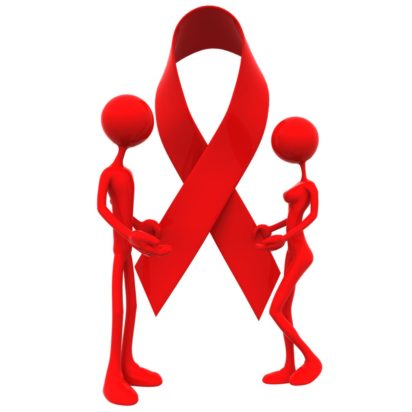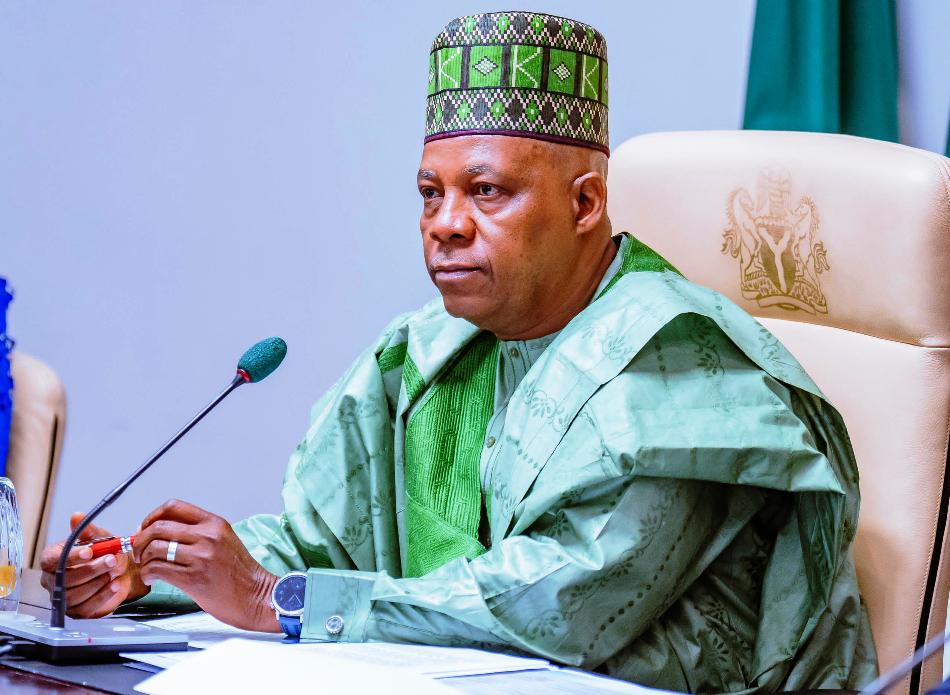
HIV/AIDS: Nigeria pushes for homegrown funding solutions as donor support declines,
By Sola Ogundipe
Nigeria is charting a new course for its HIV/AIDS response against the backdrop of declining international funding support and emerging global health emergencies, even as the need to embrace home grown solutions takes the centrestage.
The Director General of the National Agency for the Control of AIDS (NACA), Dr Temitope Ilori, who disclosed this at the 7th National Council on AIDS (NCA), which opened in Lagos on Wednesday, said Nigeria is recalibrating its HIV response with a renewed focus on sustainability, ownership, and innovation.
Ilori, who described the National Council on AIDS as Nigeria’s highest policy-making and coordinating platform for HIV/AIDS, noted that this year’s meeting, themed “Advancing National HIV Sustainability Agenda in the Changing Global Policy on Aid,” reflects the urgency of adapting to shifting donor priorities while safeguarding the health of millions of Nigerians.
“As you are very well aware, there has been some reduction in the international funding of the HIV response, and stakeholders, the patient community, some civil society organisations, implementing partners, and faith-based organisations are here to deliberate on how to ensure that response will continue to take ownership at the federal and at the state levels.
“It is to ensure that no one is left behind, to ensure that we meet all the gaps and treatment is not disturbed and that we ensure that people living with HIV have access to medications and care, avoid stigma and discrimination and continue to sustain the gains that we’ve had over the years.
“What we expect from major stakeholders and partners is that we should turn these challenges into opportunities and take charge of our response. We, as Nigerians, the government and every tier should take ownership of the response and reduce our reliance. We should put our money where our mouth is and support the response in terms of ensuring an increase and release in budgetary allocation.
“We all should take ownership of the response and reduce our reliance on the international bodies and external funders by advocating for increased budgetary education. We are meeting and partnering with the private sector for funding and support; we are also discussing with the National Health Insurance agents to onboard people with HIV on the health insurance case to ensure that their treatment and care is taken on.”
Further, the D-G explained that the NCA’s deliberations are structured around three strategic tracks designed to foster innovation, integration, and resilience across Nigeria’s health systems.
“The tracks include financial and programmatic sustainability in the face of changing global aid; multi-sectoral approaches linking HIV with broader development challenges like tuberculosis and malaria; and strengthening sub-national structures to ensure grassroots-level impact.
“HIV doesn’t exist in a vacuum; we must engage in health, education, social welfare, and economic sectors. Addressing social determinants and strengthening systems holistically is key to our long-term success.
“Under the SWAP (Sector Wide Approach) initiatives of the Ministry of Health, there is the integration of HIV into the global health system and the constitution of the technical working groups AIDS, TB and Malaria (ATM TWG).
“The Nigerian government has made life-saving commodities a priority under the leadership of President Bola Ahmed Tinubu, who approved a 200 million dollar intervention fund to bridge the funding gap. Also established the Presidential Initiative for Unlocking the Healthcare Value Chain (PVAC) to promote domestic production and boost local manufacturing of ARV and diagnostic test kits. Furthermore, with the support of UNAIDS and the Global Fund, we are piloting the HIV, TB, and Malaria Sustainability Plan in seven states, including Lagos.”
Ilori explained that true sustainability must begin at the grassroots by empowering the State Agency for the Control of AIDS (SACAs) and Local Action Committee for the Control of AIDS (LACAs) with the tools, capacity, and autonomy to drive impactful responses within their contexts. We are already making progress in this direction.
Noting that the Council provides the platform to assess, coordinate, and scale up these efforts, Ilori observed, “The Lagos State First Lady, Dr Ibijoke Sanwo-Olu, has launched the Free to Shine Campaign for the triple elimination of HIV, syphilis, and hepatitis B across the six geopolitical zones targeted at adolescents and women of reproductive age.
“Additionally, we will review the progress made on the 12 resolutions from the 6th NCA and examine new memoranda to guide future policy and programming. This process is about accountability, learning, and continual improvement.
“Our ultimate goal remains clear: to address existing gaps in HIV policies and programme implementation, ensuring that no one is left behind in our journey towards an AIDS-free Nigeria driven by ownership and sustainability.
“Now we want HIV integrated into the global health system; we don’t want to talk about HIV as a vertical standalone programme; we want to talk about integrated programmes. So when we want to talk about HIV, we’re talking about maternal health; we’re talking about children’s care, care of the pregnant women, antenatal care, tuberculosis, malaria, and all that; we want it to be integrated.”
Stressing that the health sector should be well funded, Ilori argued that with HIV being a vulnerable group given special consideration while ensuring the sustainability of local domestic production of test kits.
“I’m happy to tell you that we already have two plants here in Nigeria that are already packaging HIV test kits domestically, and they are also the WHO beacons. And also we are already having discussions with some other local pharmaceutical companies that are ready to start producing antiretroviral drugs. All this will ensure sustainability and affordability,” she remarked.
The post HIV/AIDS: Nigeria pushes for homegrown funding solutions as donor support declines appeared first on Vanguard News.
,
Nigeria is charting a new course for its HIV/AIDS response against the backdrop of declining international funding support and emerging global health emergencies, even as the need to embrace home grown solutions takes the centrestage.
The post HIV/AIDS: Nigeria pushes for homegrown funding solutions as donor support declines appeared first on Vanguard News.
, , Nwafor, {authorlink},, , Vanguard News, August 6, 2025, 1:29 am











